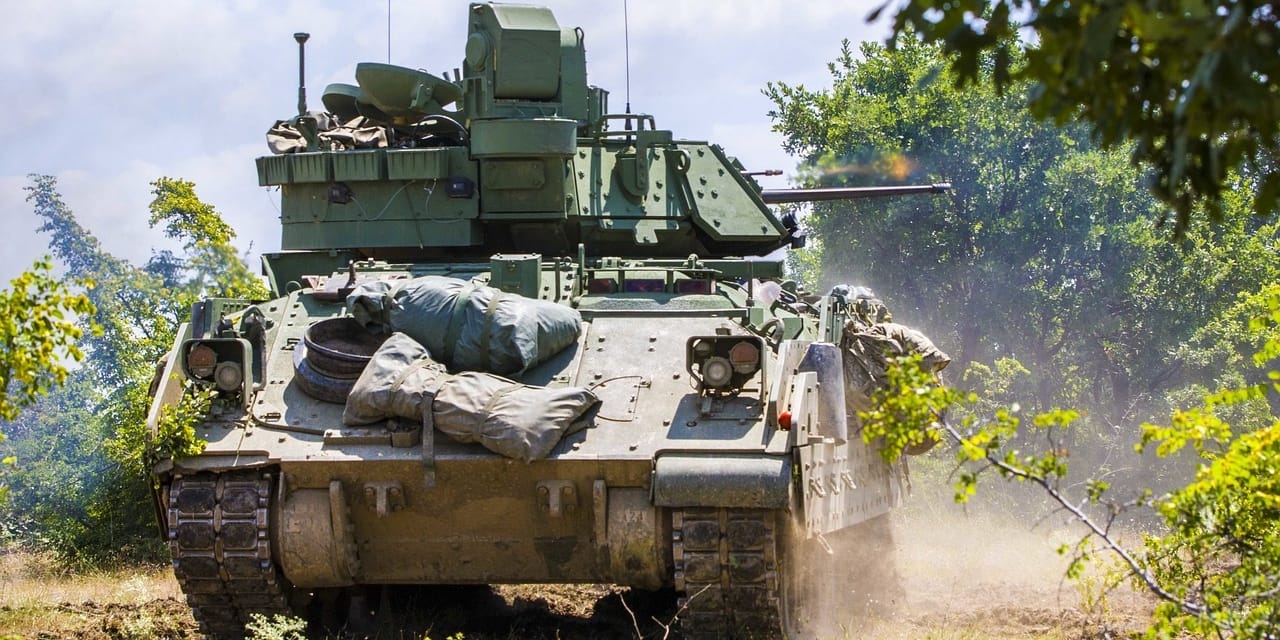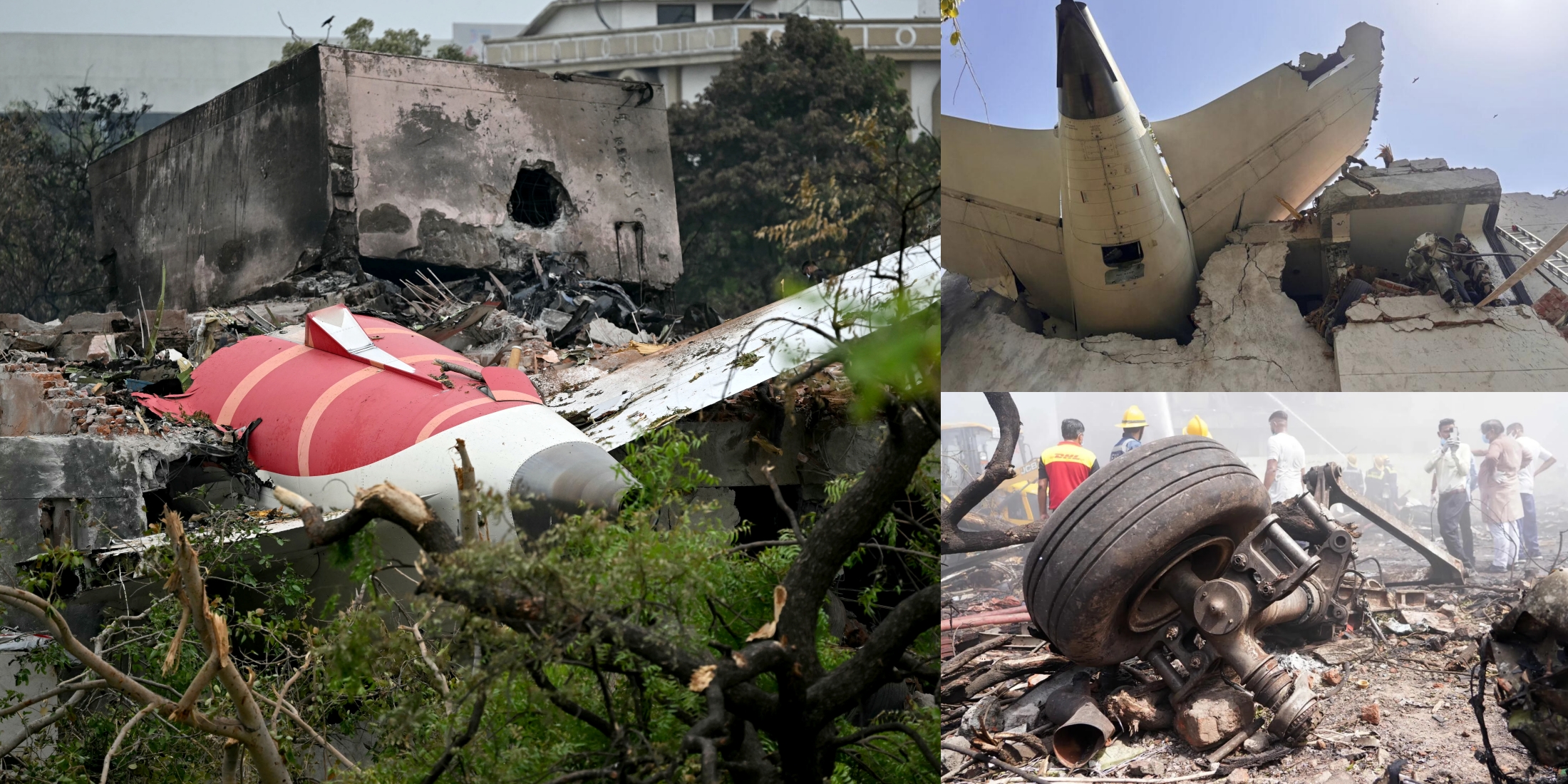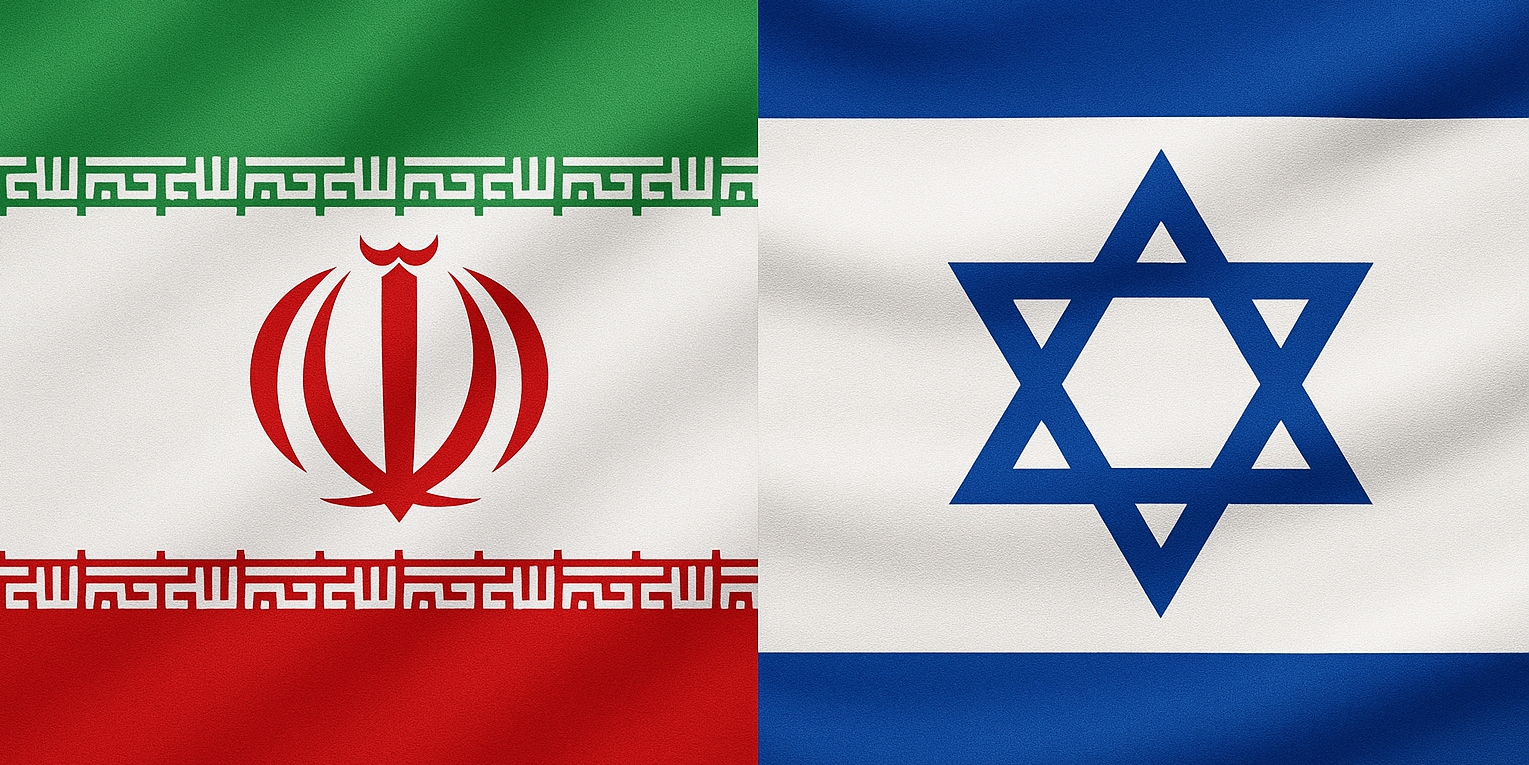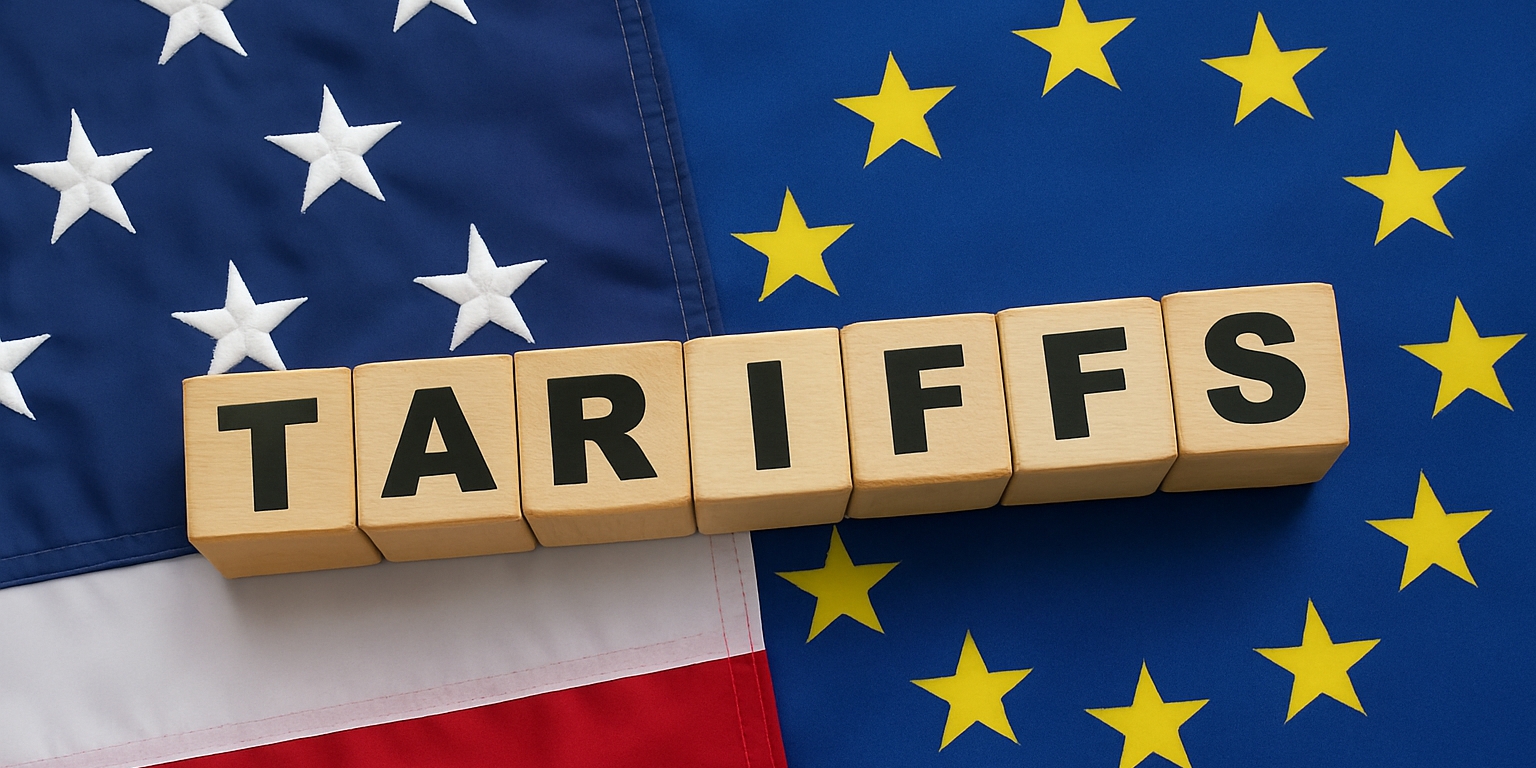The Arakan army (AA), founded back in 2009, is one of the most powerful ethnic armed rebellions in Myanmar. Recently they have claimed full control over Maungdaw, a town that holds much importance to Myanmar’s diplomatic approach as Maungdaw shares a border with Bangladesh.
This victory helped the Arakan army to gain control over the 271-kilometer (168-mile) long border that is used for cross-border movement and trade with Bangladesh. This confirms that the Myanmar government has lost its last major military outpost of this area, indicating the dominance of the Arakan army who have already established their control over 11 out of 17 townships of Rakhine state since the beginning of the civil war back in 2021.
This year, the group also took over Paletwa and Buthidaung, two more towns close to the border with Bangladesh. Reports say that they are likely to soon gain control over Ann, which is a crucial town from northern Rakhine for military operations and logistics. While the fragile condition of the Myanmar government has been exposed regarding control over these areas, the Arakan army is pressing on to gain autonomous control over the Rakhine state. Their success sped up with the support from ethnic groups and continuous political turmoil within the Myanmar government.
Since its formation on April 10, 2009, the Arakan army has grown into a major ethnonationalist armed group in Myanmar, deeply involved in the country’s armed conflicts and ethnic disputes. Its domination grew after the military coup in 2021, which overthrew the government led by Aung San Suu Kyi. The Arakan army used this political turmoil as a chance to build its position. Khaing Thuka, a spokesperson for the AA, has stated to the Associated Press that they aim to secure autonomous control over northern Rakhine, declaring ethnic and historical claims to the area. His declaration is further made stronger with the seizure of Maungdaw outpost on 8Th December. By the past year, this rebel group has taken control over 30 military posts in Rakhine State, including key areas along the Naf river. Recently, they suspended transportation on the river, accusing local muslims and police of trying to escape by boat.
This ethnic armed groups’ growing control over northern Rakhine puts Rohingyas, a Muslim ethnic community in Rakhine with no place of their own, in a vulnerable position. While the group has not announced any policy towards them, their territorial dominance could further hinder efforts to repatriate Rohingya refugees from Bangladesh. Their struggles deepened with the expansion of Maungdaw. There have been reports of attacks on Rohingya residents who were trying to escape the fighting in Maungdaw in August. A strong illustration of this is the crisis in 2017 that forced over 740,000 Rohingya to flee to Bangladesh. Reportedly, when the AA took over Buthidaung in May, they burnt down most of the buildings in the area and caused about 200,000 people, mostly Rohingya, to leave. Their emergence leads to violations of human rights of Rohingyas, as the central government has denied their citizenship and basic rights and a regional entity.
If a sustainable resolution is not found, the escalating crisis in northern Rakhine threatens to evolve into a prolonged humanitarian catastrophe, reshaping regional stability and challenging global commitments to human rights and refugee protection.










